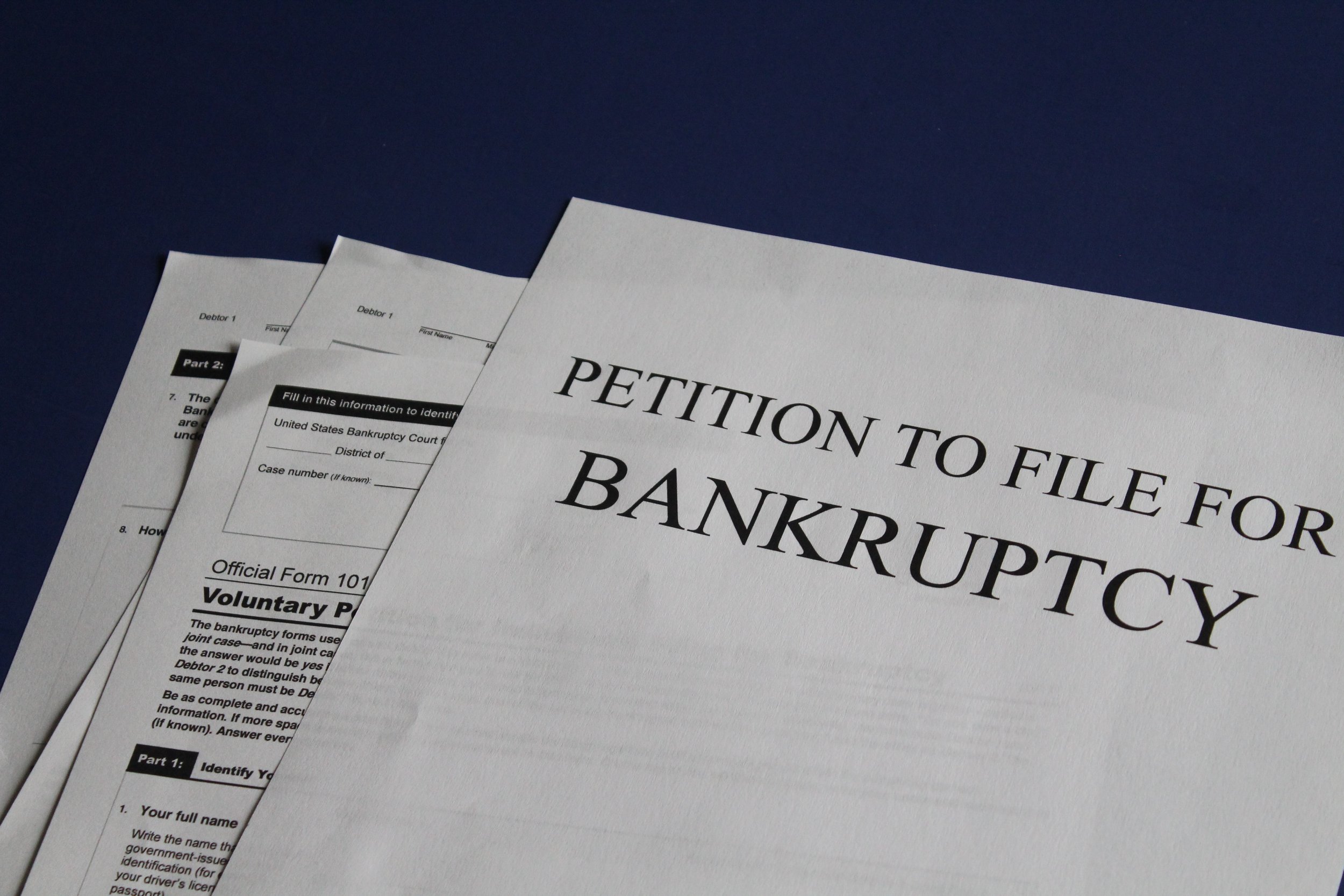California Freight Forwarder Boateng Logistics Files for Bankruptcy, Leaving Industry Stakeholders Millions in Debt
A California-based freight forwarder, Boateng Logistics, has filed for bankruptcy liquidation, leaving trucking, logistics, and factoring companies owed millions. Headquartered in Carlsbad, the company listed assets up to $50,000 and liabilities between $1 million and $10 million, with no funds expected for unsecured creditors after administrative fees. William Randall, the firm's president, and his attorney have not responded to requests for comment. The U.S. Small Business Administration is the largest unsecured creditor, owed $750,000 from a COVID-19 relief loan. Factoring companies like Five Star Factoring, eCapital Freight Factoring Co., and Triumph Business Capital are among the top creditors. Boateng Logistics reported gross revenues of nearly $63,000 from January until the bankruptcy filing. A creditors meeting is scheduled for March 28, highlighting the significant financial implications for all parties involved.
WHY IS THIS IMPORTANT?
This news is pretty important because it shows us the financial risks of teaming up with freight forwarders. Imagine not being able to get back the money owed to you - that could really throw a wrench in our cash flow and how smoothly we operate.
Plus, they even owe a hefty sum to the U.S. Small Business Administration from a COVID-19 relief loan. It's a wake-up call for all of us to keep an eye on what's going on financially and maybe rethink who we partner up with to avoid getting burned in the future.
🔥 OUR HOT TAKE?
Boateng Logistics' bankruptcy filing is a stark reminder of the risks involved in relying too heavily on a single freight forwarder. It's like putting all your eggs in one basket - if that basket goes bust, you're left with nothing. This situation shows the importance of diversifying partnerships and thoroughly vetting potential collaborators to minimize the impact of such financial disasters.
It's a wake-up call for the industry to spread out its risks and be more cautious about who they trust with their business.
A bid to acquire the remaining assets of bankrupt Yellow Corp. might be back on track, as a ballot sent to local union heads suggests.
Starting a new automaker is no easy feat, and it's been a rarity in the last four decades. It's not just about designing a car but also establishing the necessary infrastructure.
Bankrupt trucking giant Yellow has announced it has fully paid back a contentious $700 million Covid loan from the U.S. Treasury Department, along with over $151 million in interest.
WeWork co-founder and former CEO Adam Neumann expressed disappointment over the company's Chapter 11 bankruptcy filing, stating his belief that with the right strategy and team, a reorganization could lead to success.
WeWork's stock price dropped nearly 50% to a record low amid reports that the company is considering filing for bankruptcy next week.
Rite Aid, a debt-laden U.S. pharmacy chain, has filed for bankruptcy protection and plans to close underperforming stores, sell its pharmacy benefit subsidiary Elixir, and address lawsuits related to the sale of addictive opioid medications.
Estes has been officially approved as the real estate stalking horse bidder for Yellow's terminals, setting the minimum valuation for these assets in the bankruptcy proceedings.
The Teamsters Union has called on the Senate to investigate the bankruptcy proceedings of Yellow Corp.
It can be a very value-maximizing process," says bankruptcy attorney George Singer about the potential bidding war for Yellow Corp.'s real estate.
AeroCision, an aerospace supplier, has received interim court approval to pay critical vendors up to $5 million, including recent shipments made before filing for Chapter 11 bankruptcy.
The International Brotherhood of Teamsters has rejected Yellow Corp.'s attempt to blame the union for the company's financial troubles leading to bankruptcy.
Yellow Corp., a prominent US trucking company with a history of nearly 100 years, has filed for bankruptcy, leading to the closure of its business and leaving 30,000 employees without jobs.
Overstock's acquisition of Bed Bath & Beyond's intellectual property in a bankruptcy auction for over $20 million in June has proven to be a boon for the company.
Less-than-truckload carrier Yellow Corp. has ceased operations after nearly 100 years in business, leading to disruptions in the broader LTL market.
Yellow Freight, one of the nation's largest trucking companies, recently closed down, leaving nearly 30,000 union truckers jobless.
TFI International's U.S. less-than-truckload operation, TForce Freight, experienced a significant increase in daily shipments, around 3,000, following the announcement of rival Yellow Corp.'s closure.
Aerospace supply chain specialist Incora, which filed for bankruptcy in June, is facing difficulties with a resistant supplier, Appli-Tec.
The possibility of a strike at UPS and the potential insolvency of Yellow, a prominent less-than-truckload (LTL) trucking company, has raised concerns among analysts about the impact on the parcel and LTL segments.
Yellow Corp, a less-than-truckload carrier, has failed to make its required pension contributions for June and plans to withhold payments for July, leading the Teamsters union to threaten a strike.
Lordstown Motors, the struggling electric-truck maker, has filed for Chapter 11 bankruptcy protection and has initiated a lawsuit against Foxconn, accusing the Taiwanese manufacturer of breaching an agreement to provide additional funding.
Bud Light, produced by Anheuser-Busch, is the latest company caught in America's ongoing culture wars.
Instant Brands, the maker of the popular Instant Pot cooker and Pyrex glassware, has filed for Chapter 11 bankruptcy protection due to ongoing financial struggles caused by supply chain pressures.
Years before filing for bankruptcy, the retailer bet on private labels, and when that failed, they focused on stock buybacks.
The retailer filed for Chapter 11 bankruptcy after a series of competitive challenges struck the business, including social gatherings being shunned over the pandemic era and inflation costing the company.
The West Des Moines, Iowa-based frozen meat importer filed its petition with the U.S. Bankruptcy Court last week, leaving many trucking and logistics firms out to dry.



























A California-based freight forwarder, Boateng Logistics, has filed for bankruptcy liquidation, leaving trucking, logistics, and factoring companies owed millions.